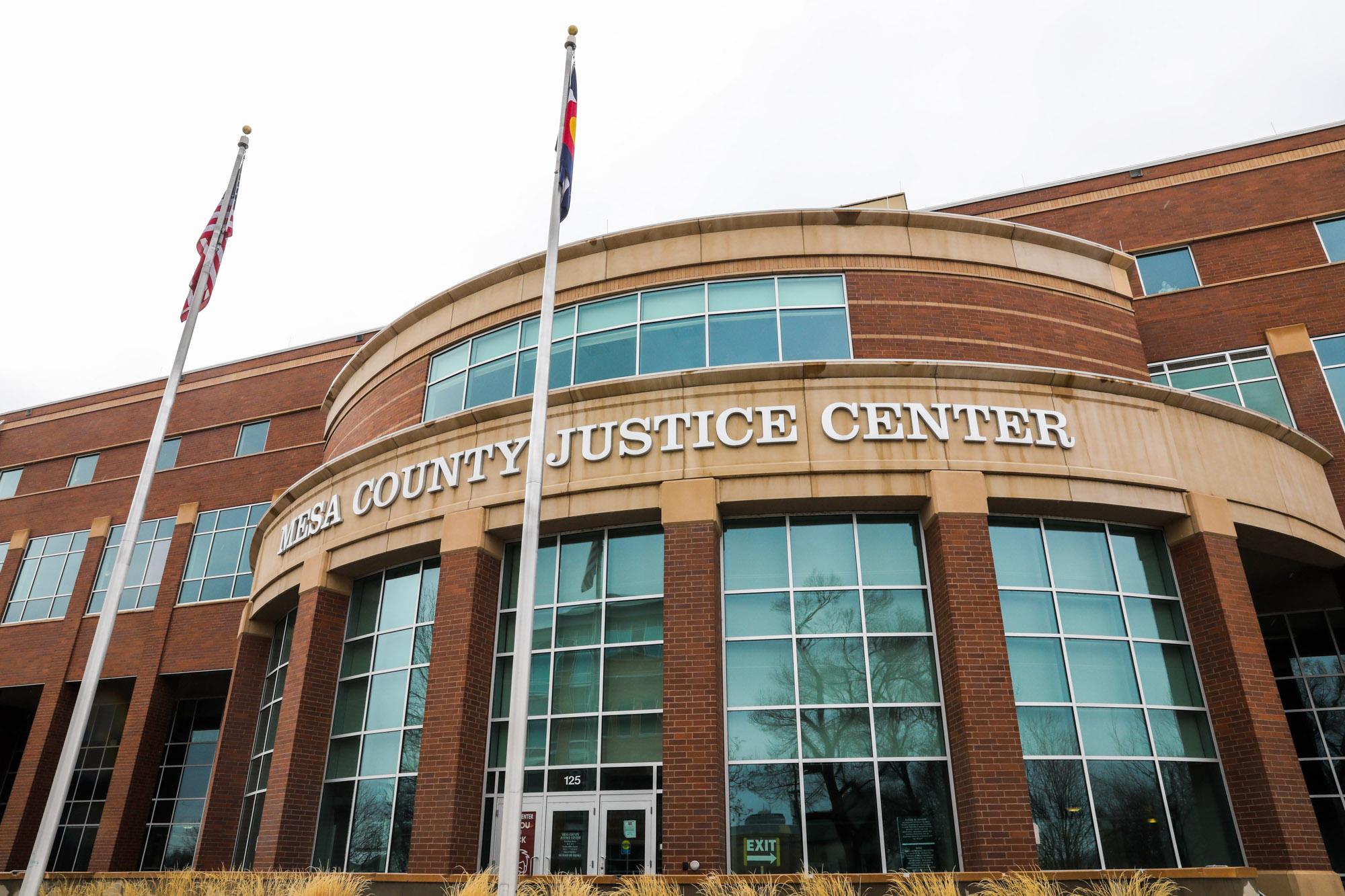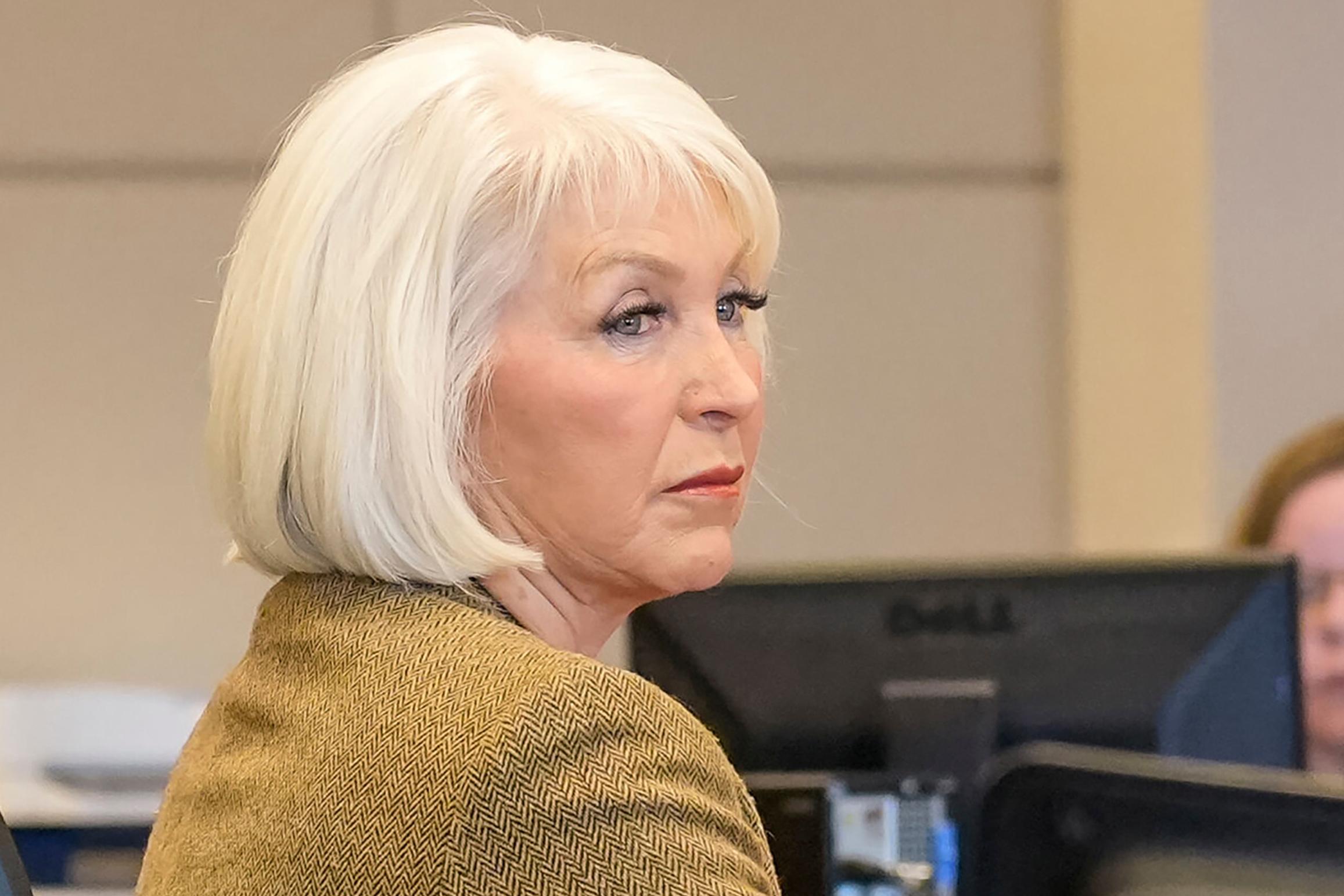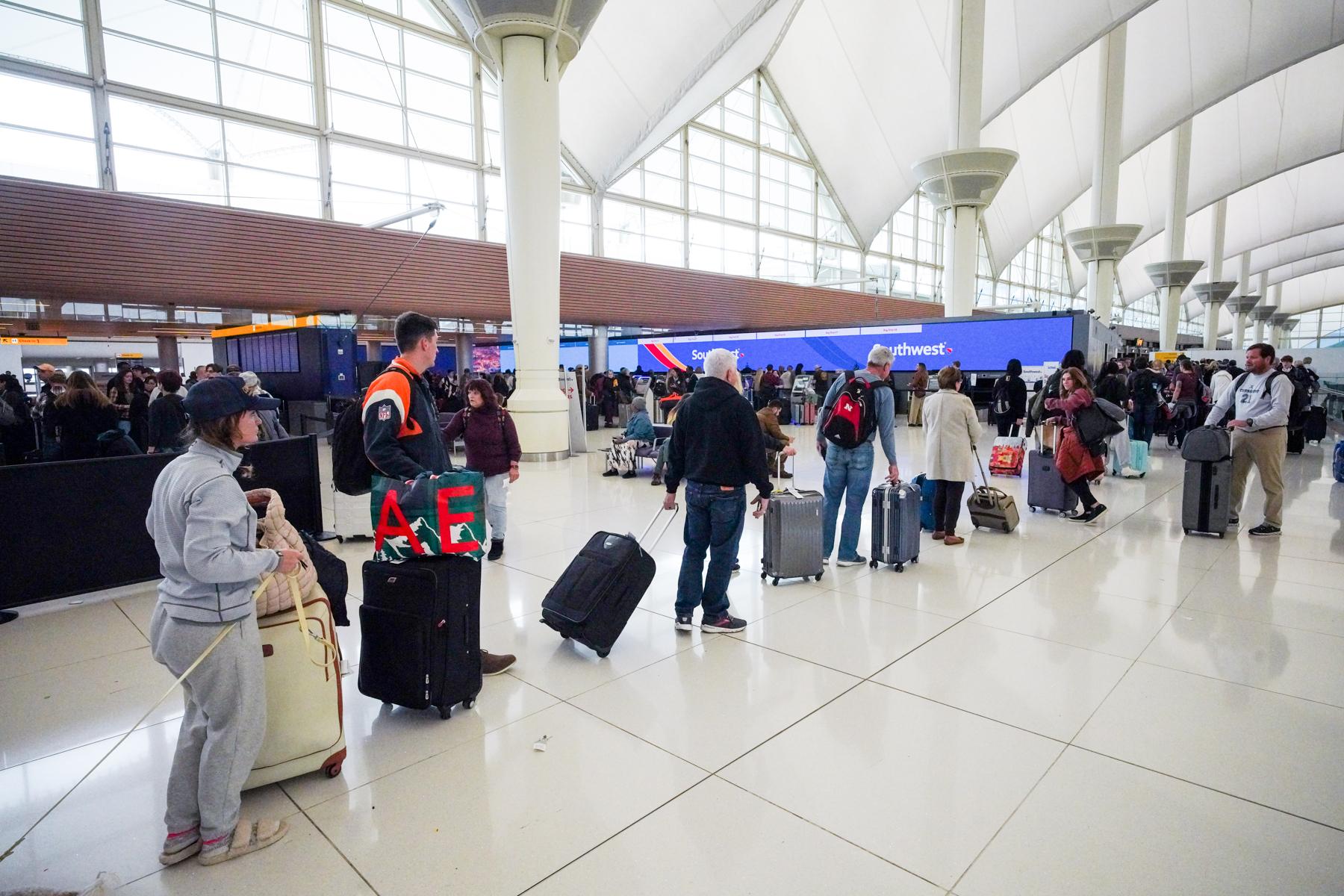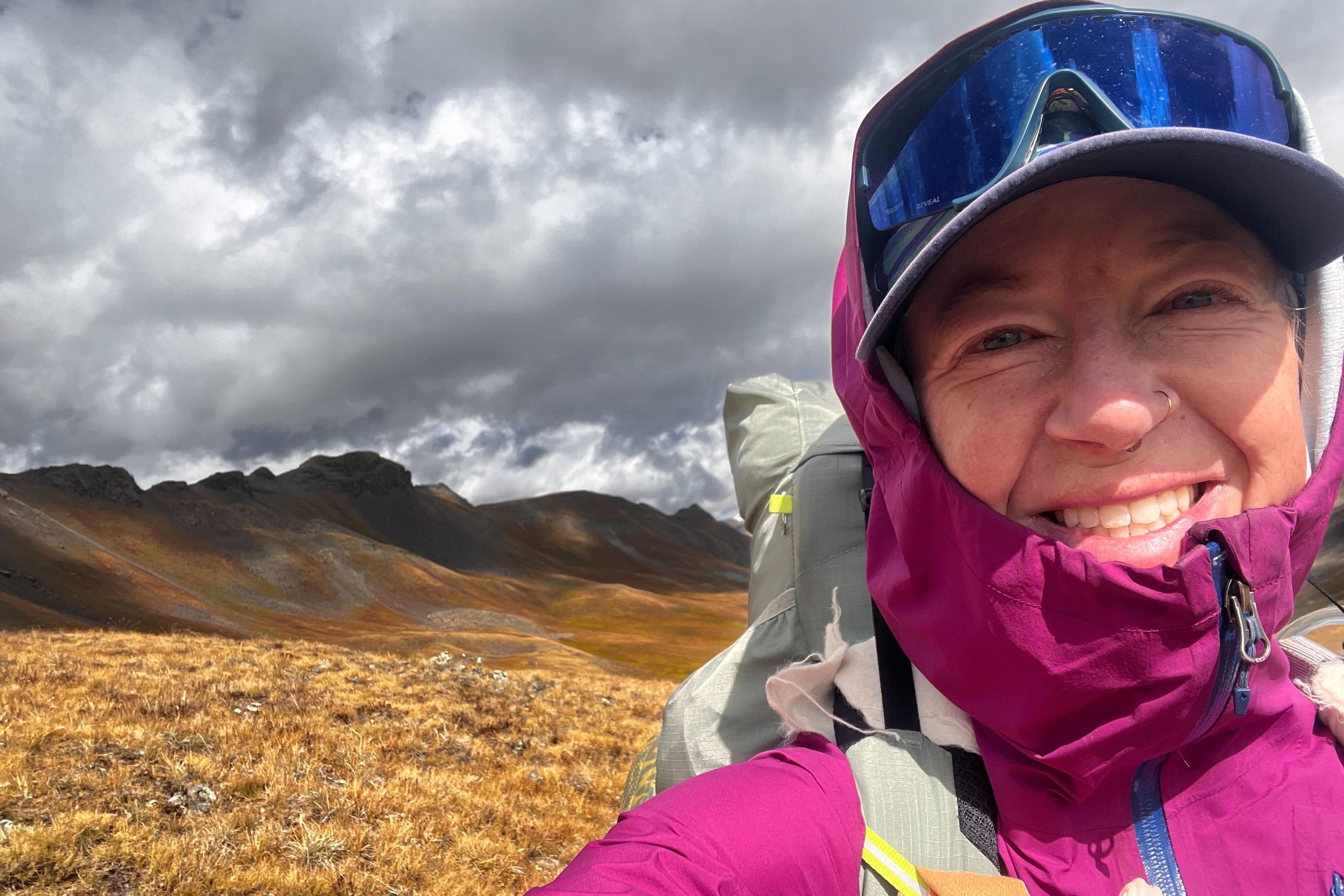
Time is something that Katie West, a former employee with the now-defunct United States Agency for International Development (USAID), has a lot of these days.
Last week, Boulder resident West was one of a handful of former federal employees who met at Sister Carmen, a food bank in Lafayette, to volunteer a few hours of her afternoon to help in the community garden.
“We’re volunteering at a community resource center, a food bank, and one day, I might have to go to the food bank,” West said. “I don't have any income anymore.”
Colorado is home to tens of thousands of federal workers — among the highest number of federal employees by state in the country. Many of these workers were laid off earlier this year when President Donald Trump’s administration escalated efforts to shrink the size of the federal workforce.
West lost her job in July, along with hundreds of other USAID employees, after working for the agency for over a decade.
“It feels really ironic to be on the other side of the equation where I spent my whole life trying to contribute to the things that helped other people at the edges of economic viability, and now I'm in that spot,” West said. “It can be kind of embarrassing or hard to ask for help when that's not something you've had to do before in your life.”
While many laid-off federal employees are finding creative ways to occupy their time or channel their skillsets — from starting their own businesses or nonprofits, to volunteering with local organizations, to starting support groups for fellow former federal employees to provide connection during this period of intense instability — West decided to hike the entire length of the Colorado Trail, from Denver to Durango.
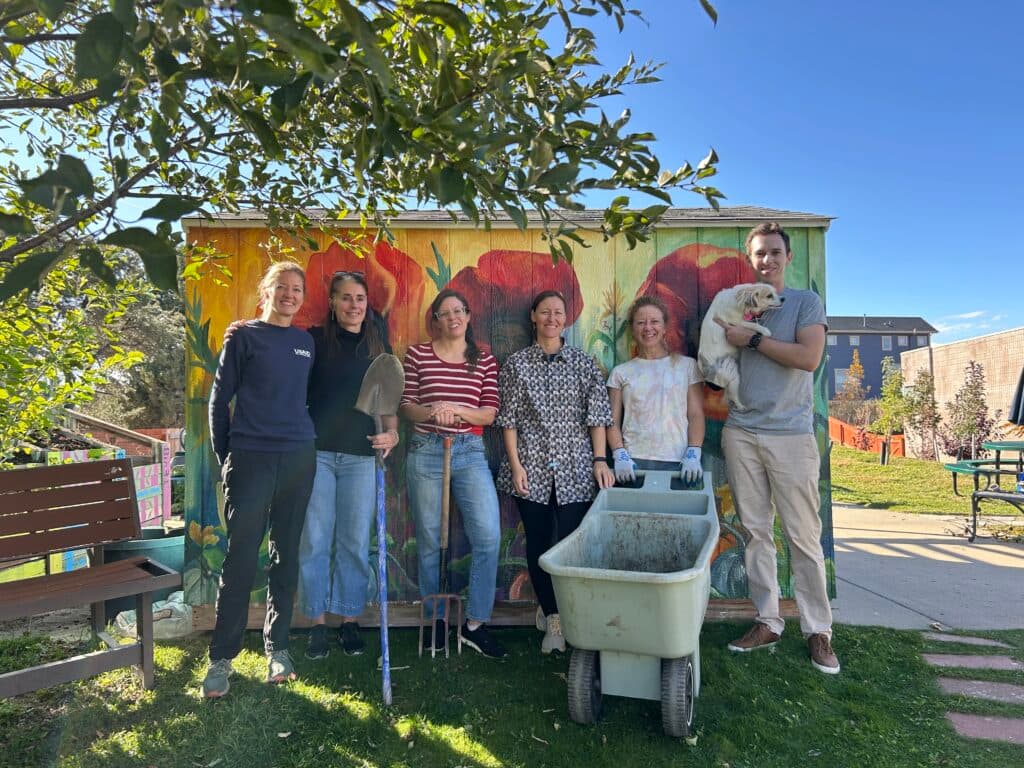
“It was to prove to myself that I could get through a hard thing, that I could believe in myself to do something hard,” West said, who spent 39 days hiking almost 500 miles.
But it wasn’t just about proving to herself that she could do something hard. After West lost her job, the Trump administration completely dismantled USAID — erasing the agency’s website, files, and all of West’s work.
“So it really felt like everything was erased … so I wanted to accomplish something that I could point to as an accomplishment and see a tangible result. So someone took away all my other achievements, so I decided I'm going to go do this thing that's a tangible trail that I can do from start to finish and at least prove to myself that I can still accomplish things. So that was something that was really important for me on this particular journey.”
West decided to post her accomplishments to social media. Every time West arrived in resupply town — a stop along the trail for hikers to buy food and other supplies — West posted a photo of herself on the trail to Instagram with an accompanying caption about USAID's work, “particularly the aspects that people aren't as familiar with.” In addition to writing her own posts, West recruited her former colleagues to write about their work so she could highlight representation across the whole agency.
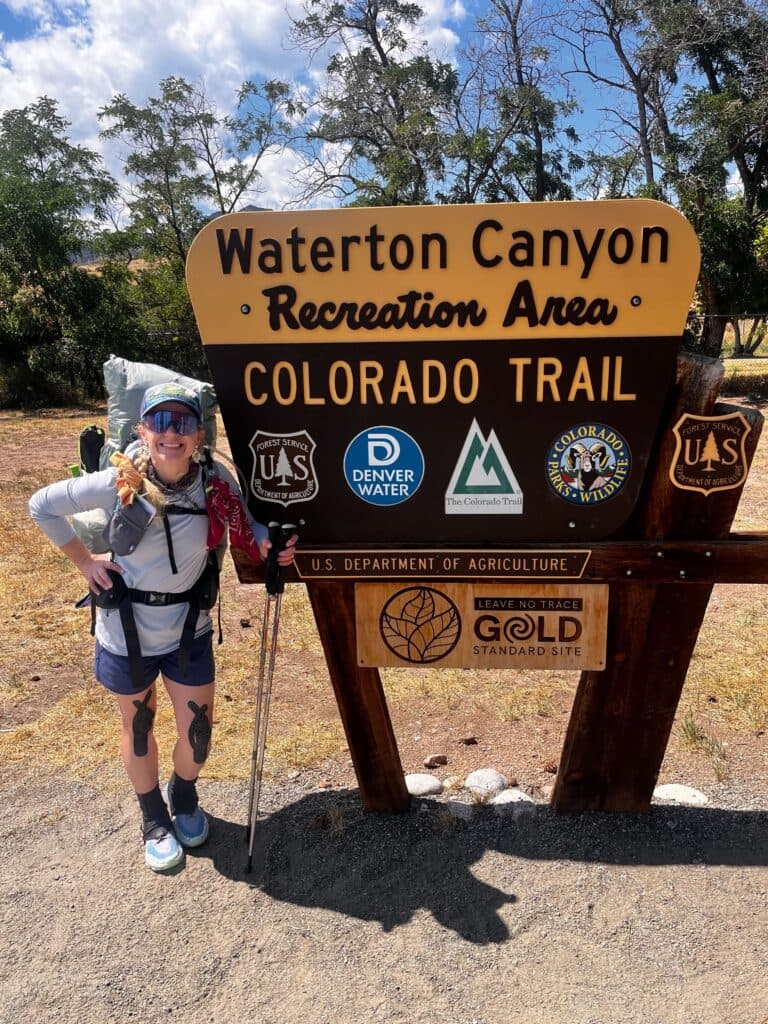
“I made several posts throughout my hiking trek just to kind of share — even with my own friends and family who are connected on Instagram — some photos just to share and build awareness of what we are all losing,” she said.
For West, walking about 17 miles a day through high alpine meadows, aspen groves, and rocky cliffside scrambles was a way to grieve not only losing her job, but her “life’s purpose.”
“I lost my job and my purpose at the same time. My last post, when I got to the end [of the trail], I posted about my work in Feed the Future with the agriculture and food security programs, to end with the thing I knew best and that I had been working on for so long. So yeah, the point was definitely to memorialize, remember, and grieve.”
Despite battling hypothermia, trekking through multiple flash storms, and navigating the trail predominantly alone, West says the hardest part of the hike was returning back to the reality of not having a career to come home to.
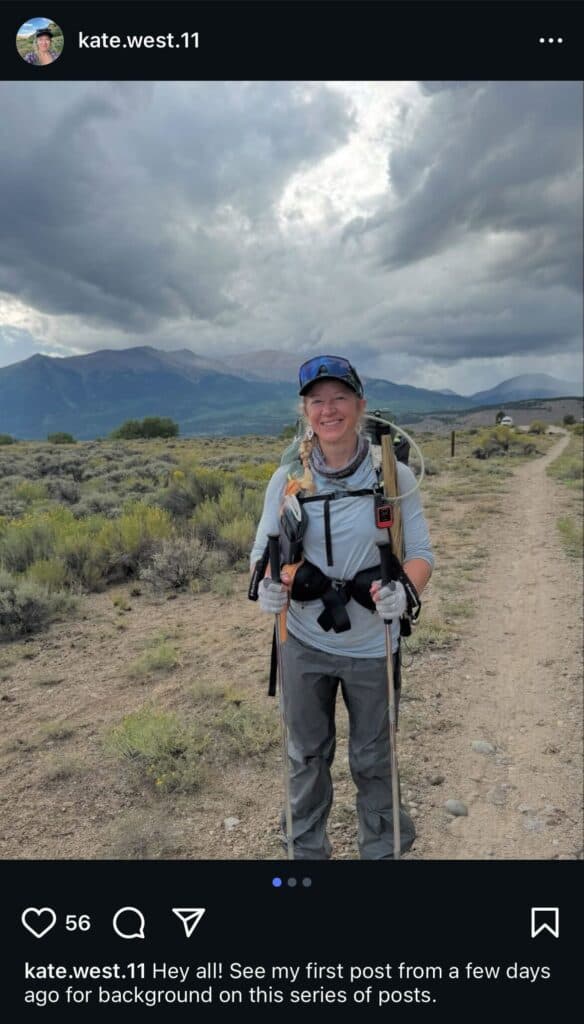
“The trail is very clear; there's a clear path where you're going, you know what you're expected to do that day, what your priorities are, what success looks like, it's pretty straightforward,” she said. “And now I think my challenge now is how do I translate that to real life, where it's much messier, it's not clear, it's not tangible, especially when you're in a low feedback environment. I could put out 50 job applications and not hear anything, so you don't know if you're on the right track. Whereas the trail, it's so clear whether you're on the trail or not, whether you got to your campsite or not.”
West is still currently unemployed and working odd jobs — like walking her neighbor's dog, doing some yard work, or working a stall at her local farmer’s market in Boulder — to get by. She says she is also considering renting out parts of her house to help with her mortgage.
But for now, West says she keeps repeating her newfound mantra, “just keep walking,” to lift her spirits and remind her that she still has the ability to move forward — even if she doesn’t yet know exactly where the path will lead.

